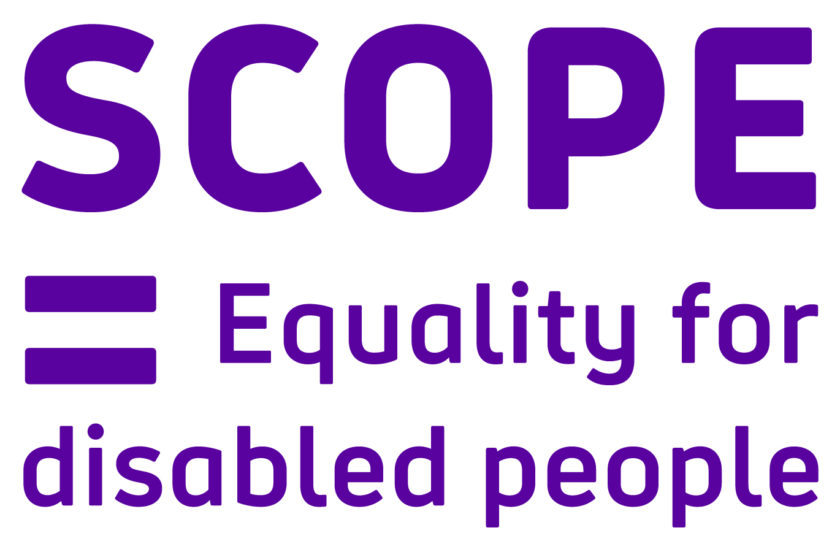The benefits system for disabled people, and the support that accompanies it, are broken. Despite decades of reforms from successive governments, nearly half of all people in poverty in the UK are either disabled themselves or live with someone who is disabled. Reforms have come at an extraordinary cost to the taxpayer whilst the UK economy is missing out on all that disabled people can bring.
Key points
- More than four in ten people (42%) living in families that rely on disability benefits are in poverty.
- There are 1.8 million more people in poverty who live in a family that includes a disabled person than there were fifteen years ago.
- The number of people on a range of disability benefits is broadly the same or higher (depending on the benefit) than it was two decades ago, despite consistent attempts to reduce caseloads.
- The disability employment gap remains above 40 percentage points for many disabled people, including those with a primary mental health condition and those with a learning disability.
- Real-terms costs of disability benefits rose by £16 billion (48%) between 2000/01 and 2018/19, and are forecasted to rise by another £4 billion up to 2024/25.
Key recommendation
- The Government should use its long-awaited Green Paper and cross-departmental disability strategy to deliver a welfare system which lifts disabled people out of poverty and delivers support in a dignified, fair and respectful manner.
- Reforms could boost the UK output by £50 billion (GVA) a year and lead to Exchequer benefits of around £17 billion a year.



